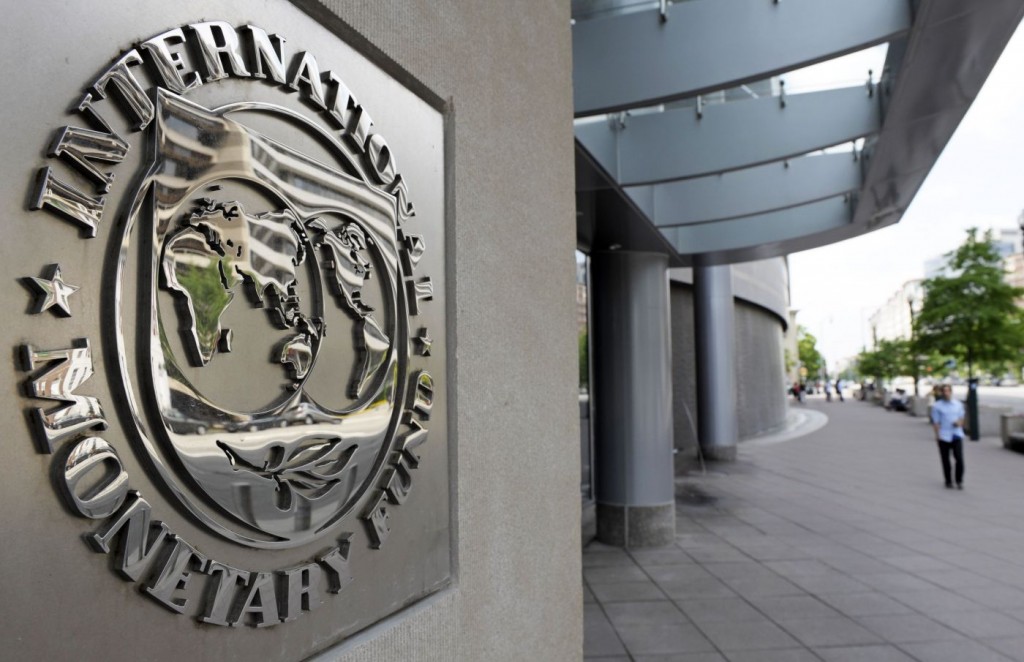In light of how the International Monetary Fund has spent most of its existence parading around the world telling governments to make their economies more friendly for multinational corporations by suppressing wages, restricting pensions, liberalizing industries, and more or less advocating they ignore the popular will of workers and the less fortunate—all in the name of market capitalism and endless economic growth—anew report released by the IMF on Monday contains an ironic warning: stop doing all that.
“This reinforces Oxfam’s call on how we need to reduce the income gap between the haves and have-nots, and scrutinize why the richest 10% and top 1% have so much wealth. By releasing this report, the IMF has shown that ‘trickle-down’ economics is dead; you cannot rely on the spoils of the extremely wealthy to benefit the rest of us.”
—Nicolas Mombrial, Oxfam International
Though it perpetuates the idea that economic growth is the master to whom all should bow, the new research—conducted by the IMF’s own economists and submitted under the title Causes and Consequences of Inequality (pdf)—argues that many of the policies promoted by the IMF have actually harmed nations by exacerbating widespread economic inequality. As many have noted, current disparities between the world’s richest and poorest represent a nearly unprecedented level of global inequality which the report described as the “defining challenge of our time.”
In order to strengthen economies, the report declares, nations should admit that “trickle-down” theories of wealth and prosperity do not work. In lieu of those, the study recommends raising wages and living standards for the bottom 20 percent, installing more progressive tax structures, improving worker protections, and instituting policies specifically designed to bolster the middle class.
“Fighting inequality is not just an issue of fairness but an economic necessity,” said Nicolas Mombrial of Oxfam International in response to the report. “And that’s not Oxfam speaking, but the International Monetary Fund.”
This is not the first time the IMF’s own research has bolstered the arguments of its biggest critics.According to the International Business Times, the new analysis on inequality “echoes previous IMF research that show that redistributive policies have a positive effect on countries’ economic output.”

